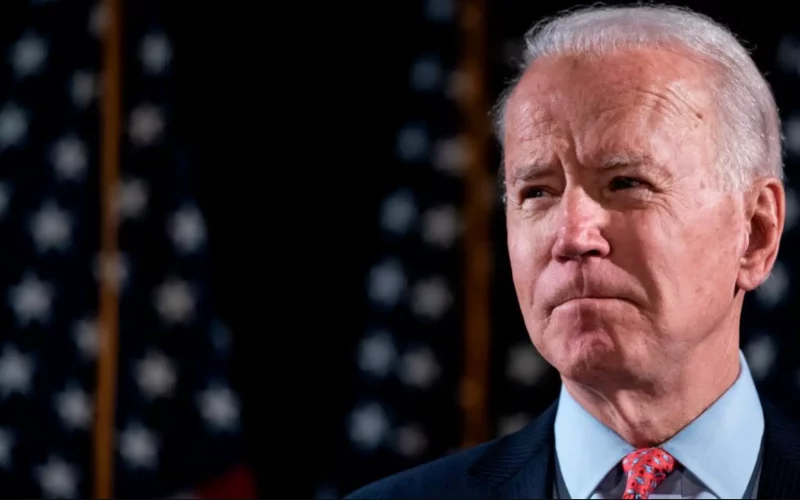After the Supreme Court rejected his student-loan forgiveness plan, President Biden promptly presented an alternative. On Friday, he declared his aim to introduce a new student debt-relief initiative rooted in the Higher Education Act of 1965.
“Today’s decision has closed one path. Now we’re going to pursue another,” Biden stated from the White House, promising to leverage all available tools to provide necessary student debt relief.
Before the Supreme Court’s verdict, notable Democrats, including Senator Elizabeth Warren of Massachusetts and Representative Alexandria Ocasio-Cortez of New York, had continuously urged Biden to explore this avenue should his initial student loan relief program be dismissed.
Biden recognized that this new strategy might require a more extended implementation phase. To address immediate needs, he announced an interim plan to help those likely to face difficulties with their bills when loan repayments restart in October following a three-year pause.
The interim solution proposed by the President is a 12-month “on-ramp repayment program” designed to prevent a significant number of borrowers from defaulting on their loans.
In response to the Supreme Court’s ruling, Biden reaffirmed his commitment to student debt relief, assuring that his administration would employ every possible resource to help indebted students achieve their dreams.
Biden’s initial debt forgiveness plan was based on the 2003 Higher Education Relief Opportunities Act, which stipulates an ongoing emergency like the COVID-19 pandemic as a precondition for student loan debt cancellation.
In contrast, the Higher Education Act doesn’t demand such prerequisites and has been previously utilized to cancel student debt under specific circumstances. In 2019, former President Donald Trump leveraged this Act to write off the student loan debt for 25,000 disabled veterans. Furthermore, last year, the Department of Education pardoned $6 billion in loans for students who had been deceived.
However, the application of the Higher Education Act to enact a relief plan may be a lengthy process, mainly due to the extensive rule-making procedure and comment period which could span about a year. Consequently, this could delay any potential relief until at least 2024, and opposition through legal channels could prolong this even further.
At a news briefing on Friday, Biden recognized that comprehending how to manage these expenses could be a drawn-out process for borrowers. He emphasized the necessity of preventing borrowers from descending into delinquency and default, as such an occurrence could negatively impact them and the economy.
While not directly criticizing the Supreme Court in his address, Biden drew attention to other student loan initiatives that remain unchallenged in court. These include the increase in Pell Grants for low- and middle-income students and an income-based repayment plan that could reduce monthly payments and offer some loan forgiveness.
On Thursday, Biden admitted that the current court would likely continue to issue unfavorable rulings, yet reaffirmed his opposition to expanding the nine-member body.
“I think they may do too much harm,” Biden said of the court during an MSNBC interview. “But I think, if we start the process of trying to expand the court, we’re going to politicize it, maybe forever, in a way that is not healthy.”
Instead, the President and his allies have begun to position the 2024 election as a crucial fight to protect fundamental rights — not only from a Republican opponent but also from influential jurists with lifetime appointments.

